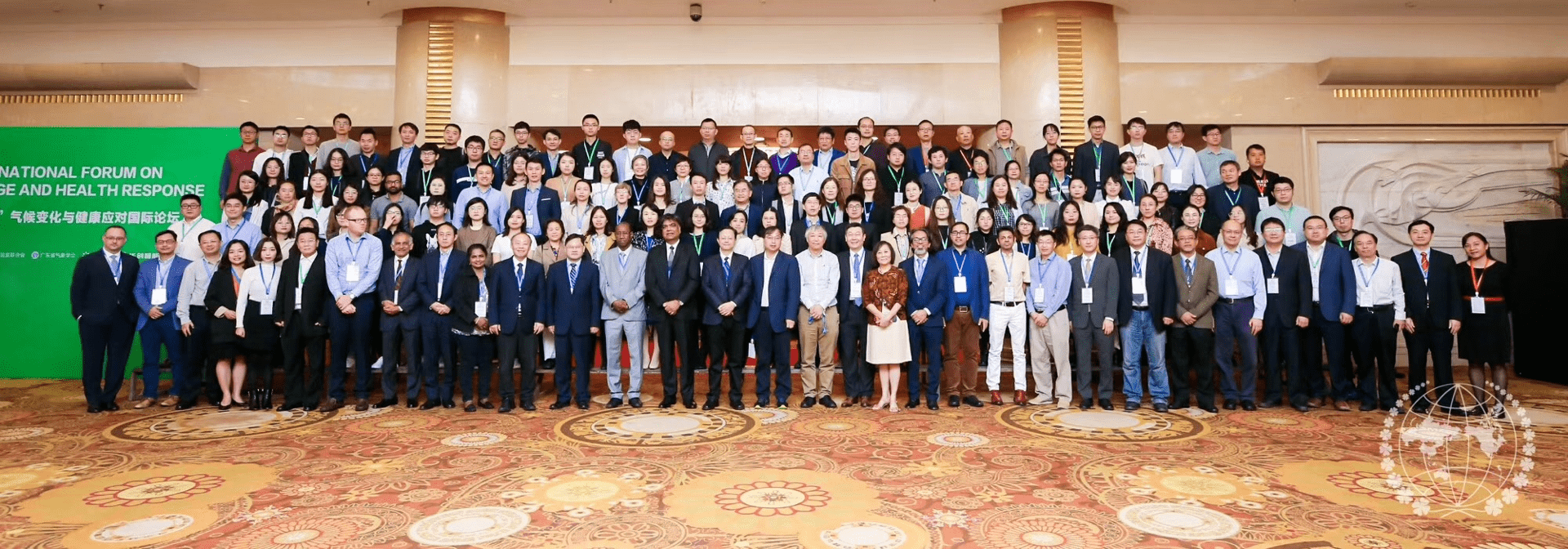Addressing Extreme Weather Related Diarrheal Disease Risks in the Asia-Pacific Region
A multinational consortium created to perform comparative analyses of diarrheal disease risk associated with extreme weather events in order to develop a transferable solution — S2S early warnings for diarrheal disease — to reduce extreme weather-related diarrheal disease burdens and improve community resilience to climate change.

Main Aim
The overall burden of diarrheal diseases has been declining, in large part due to oral rehydration therapy (ORT). However, countries in the Asia-Pacific Region still experience disproportionately high rates of morbidity and mortality associated with diarrheal diseases, with more than 873,000 deaths/year in South Asia alone. This fact highlights the urgent need for an early warning system for diarrheal disease in the region to prevent disease outbreaks in communities impacted by extreme weather events, that are increasing in frequency, duration, and intensity.
Early Warning Systems
Despite considerable interest, success in implementing an early warning system has been limited primarily because of the shortcomings of weather-based and climate projection-based warning systems. Weather-based warnings (7 to 10-day lead time) do not provide enough time for public health interventions to be mobilizes, while climate projection-based warnings (50 to 100-year time horizon) are too distant in the future to guide meaningful preparedness discussions at present. Through collective engagement over the past decade, our team has learned that public health practitioners are seeking early warning systems with seasonal to sub-seasonal (S2S) lead times, as this range provides adequate time to prepare and respond to projected climate change-related threats.
Our Project
Our interdisciplinary team, led by scientists in the US, Sweden, and Taiwan, will partner with researchers, NGOs, governmental, and community organizations from throughout the Asia-Pacific Region to establish a multinational consortium that will analyze diarrheal disease risk associated with extreme weather events. This focus area was chosen because the Asia-Pacific Region experiences the highest burden of diarrheal disease morbidity globally and includes countries that are considered to be the most vulnerable to climate change. Our consortium will develop a S2S early warning system for diarrheal disease that will be implemented across the region to reduce extreme weather-related diarrheal disease burdens and improve community resilience to climate change. These overall objectives will be achieved by completing various milestones, referred to as Work Packages (WPs).
 WP1, EXPOSURE METRICS:
WP1, EXPOSURE METRICS: Our first WP will consist of creating a uniform exposure metric for diarrheal disease risk and extreme weather events (heat and precipitation).
WP2, UNDERSTANDING ENSO:Completion of our second WP will allow us to understand the relationship between the different phases of the El Niño-Southern Oscillation (ENSO) and the frequency of extreme heat and extreme precipitation events. This relationship will be assessed at the sub-national levels to understand how the relationship varies by geographic location and season.
WP3, DIARRHEAL DISEASE DATABASE:Our third WP includes collecting historical diarrheal disease data from the focus area to allow for region-wide assessment of diarrheal disease risk.
WP4, EXPOSURE-RESPONSE FUNCTION:Our fourth WP will characterize the relationship between extreme weather events and diarrheal disease risk at the sub-national level to assess the impact of geographic and socio-demographic factors on disease risk.
WP5, EARLY WARNING SYSTEM:Our final WP is the completed early warning system, which provides diarrheal disease risk maps at the sub-national level with a S2S lead time.
 Work Package 1:
Work Package 1: Lead by Dr. Amir Sapkota of University of Maryland, College Park.
Work Package 2:Lead by Dr. Chuansi Gao of Lund University.
Work Package 3:Lead by Dr. Yu-Chun Wang of Chung Yuan Christian University.
Work Package 4:Lead by Dr. Amir Sapkota and Dr. Yu-Chun Wang.
Work Package 5:Lead by Dr. Amir Sapkota and Dr. Chuansi Gao.
